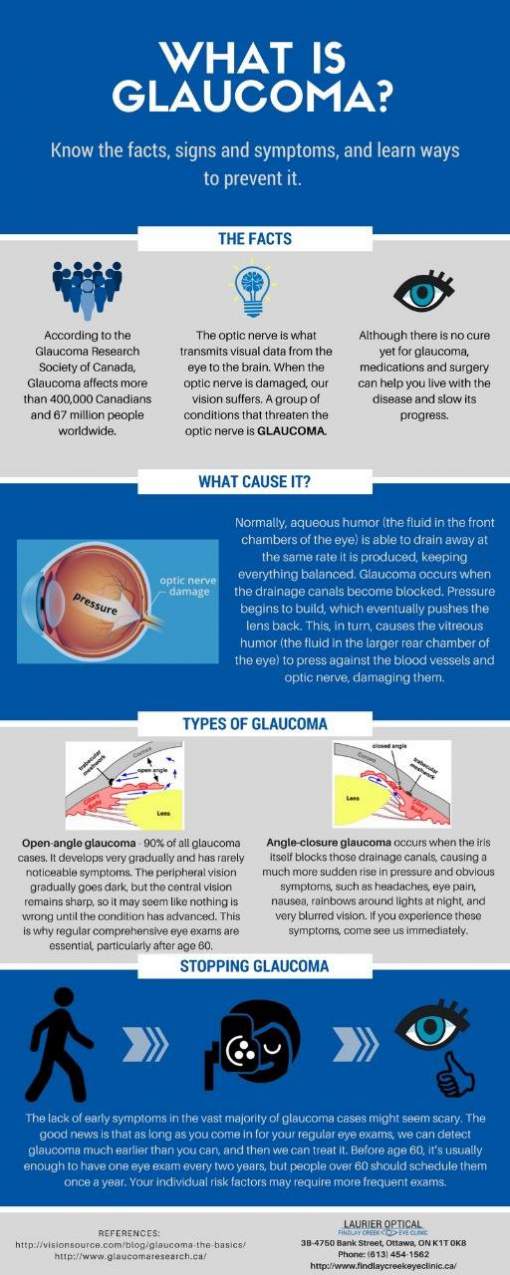Refractive Lens Exchange: A Thorough Guide To Achieving Better Vision
Refractive Lens Exchange: A Thorough Guide To Achieving Better Vision
Blog Article
Content Develop By-Gertsen Kaspersen
If you're over 40 and dealing with vision issues like hyperopia or nearsightedness, Refractive Lens Exchange (RLE) might be worth considering. This procedure changes your natural lens with a fabricated one, potentially lowering your dependancy on glasses. While the advantages are appealing, it's essential to comprehend the threats and eligibility requirements. What should you understand before choosing that could transform your vision forever? Allow's discover this subject even more.
Recognizing Refractive Lens Exchange
Comprehending Refractive Lens Exchange (RLE) can be crucial for those considering vision improvement options.
RLE is a procedure that changes your eye's all-natural lens with an artificial intraocular lens. It's mainly aimed at fixing serious refractive mistakes, such as hyperopia, nearsightedness, or presbyopia.
During the procedure, your cosmetic surgeon will certainly remove your gloomy or clear lens and change it with a lens customized to your vision needs. This alternative is commonly thought about for people over 40 who might not be suitable prospects for LASIK.
By choosing RLE, you're not simply enhancing your vision; you're additionally potentially reducing your dependancy on glasses or get in touch with lenses.
Understanding how https://spacecoastdaily.com/2021/05/what-to-expect-before-during-and-after-undergoing-a-lasik-procedure-in-orange-county/ will certainly empower you to make informed choices regarding your vision wellness.
Conveniences and Threats of RLE
Selecting RLE not only uses a possibility to boost your vision yet likewise comes with its own set of advantages and dangers.
https://andrevqkey.blog4youth.com/36220785/taking-into-consideration-advanced-cataract-surgical-treatment-right-here-are-some-variables-to-assist-you-decide is the potential for more clear vision, reducing or removing your reliance on glasses or call lenses. You may also experience a more comprehensive range of vision, particularly if you select multifocal lenses.
Nonetheless, there are threats included, such as infection, problems throughout surgery, or frustration with the results. Some clients experience aesthetic disruptions like halos or glare.
It's essential to evaluate these advantages and dangers very carefully. Consulting with your eye treatment expert can assist you make an informed choice that aligns with your vision goals and way of life.
Qualification Standard for Refractive Lens Exchange
Before thinking about Refractive Lens Exchange (RLE), it's vital to determine if you meet the eligibility criteria. Generally, you're a good candidate if you're over 40 years of ages and have a secure prescription.
You need to also be experiencing refractive mistakes like nearsightedness, hyperopia, or presbyopia. It is necessary to have healthy and balanced eyes with no significant conditions, such as cataracts or glaucoma.
Additionally, you ought to remain in great general health and not have any conditions that might influence recovery, like unrestrained diabetes. If you put on call lenses, you might require to stop using them for some time before your assessment.
Consulting with an eye care specialist will aid you understand your particular circumstance and whether RLE is right for you.
Final thought
To conclude, refractive lens exchange can change your vision and decrease your reliance on glasses or get in touches with. While it provides countless benefits, it's critical to understand the risks and guarantee you meet the eligibility standards. Consulting with an eye care professional will certainly help you make an enlightened decision customized to your requirements. If you're taking into consideration RLE, put in the time to explore your choices and talk about any problems, leading the way for more clear, a lot more vibrant eyesight.
